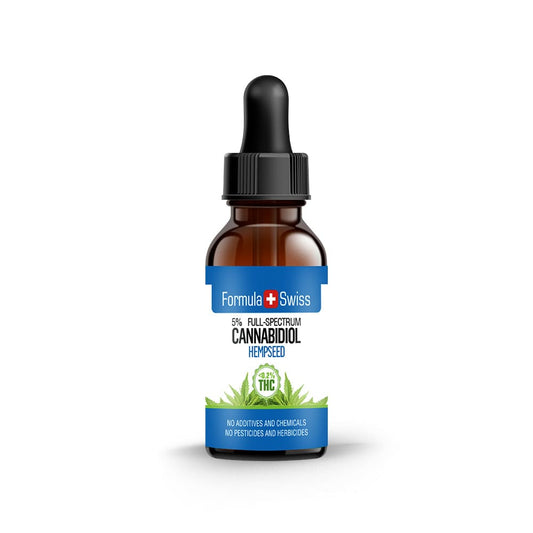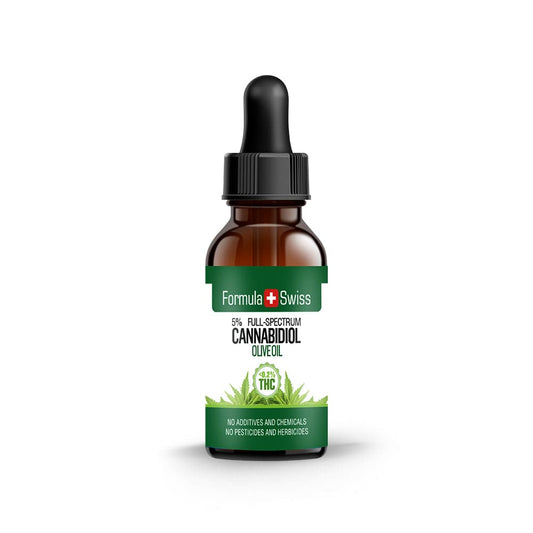Cannabis: A Preferred Choice for Workers Healing from Injuries
Recent analysis has shed light on the increasing reliance on cannabis products by Canadian workers recovering from painful, work-related disabilities. Published in the Canadian Journal of Public Health, the study surveyed 1,650 adults disabled due to a physical work injury or illness.
It was found that 22.4 percent of those suffering from "severe pain symptoms" turned to cannabis as part of their treatment, reflecting cannabis's legal status in Canada for both medical and adult use.
Understanding Cannabis Use Among Disabled Employees
Of all the disabled employees surveyed, 11.5 percent reported using cannabis "to manage conditions associated with the work-related injury." This statistic aligns with previous studies, suggesting a consistent pattern of cannabis use for pain management in work-related injury cases.
Financial Implications of Cannabis Use for Recovery
Interestingly, the study noted that those who used cannabis products for their recovery did not show a significant difference from non-users in terms of disability expenditures or health care benefit expenses. This finding is crucial as it suggests that cannabis use does not necessarily lead to increased financial burden in terms of health care costs.
Comparative Analysis: Canada and the United States
Contrasting the Canadian data, the United States reports a decline in workers' compensation filings following the legalisation of medical cannabis or adult use. However, US state courts have issued contradictory opinions on whether costs related to medical cannabis are eligible for reimbursement under workers' compensation laws.
Reimbursement Policies: A State-by-State Divergence
In the US, six states—Connecticut, New Hampshire, New Jersey, New Mexico, New York, and Pennsylvania—currently allow for reimbursements of medical cannabis-related costs. In contrast, seven states—Maine, Massachusetts, Minnesota, Florida, North Dakota, Ohio, and Washington—expressly prohibit such reimbursements. Other states have yet to address the issue directly.
Advocacy for Equal Treatment in Medical Reimbursement
NORML's Deputy Director Paul Armentano has voiced his opinion on the matter, advocating for the entitlements of medical cannabis users to be on par with those using conventional medications, including insurance-provided reimbursement for medical cannabis treatment.
Further Reading and Resources
- For insights into the association between medical cannabis access and workers' compensation claims, readers may refer to NORML's analysis.
- Additional perspectives on cannabis use for musculoskeletal pain can be found in the related survey.
- Research on the impact of medical cannabis use on opioid cessation is detailed in the study "Nearly Half of Medical Cannabis Users Cease Using Opioids for Pain After Twelve Months."







